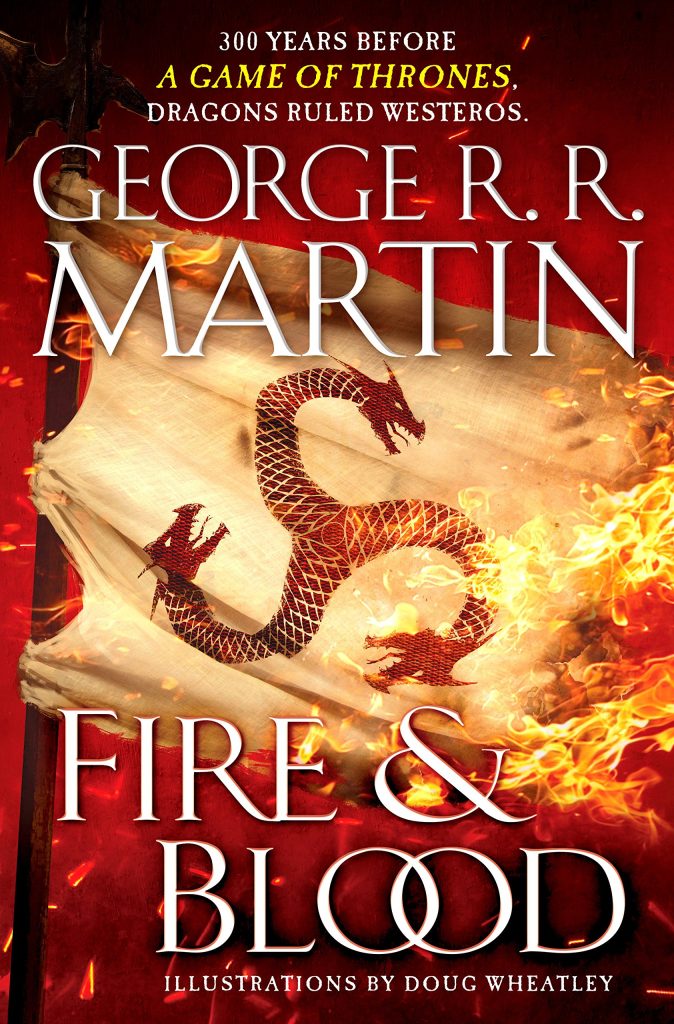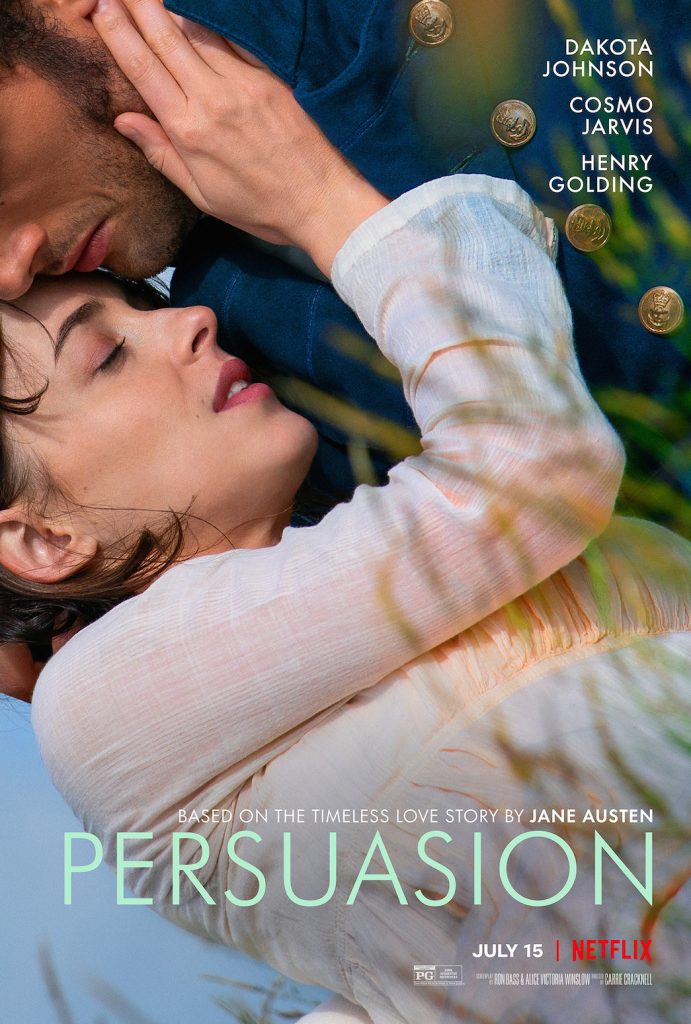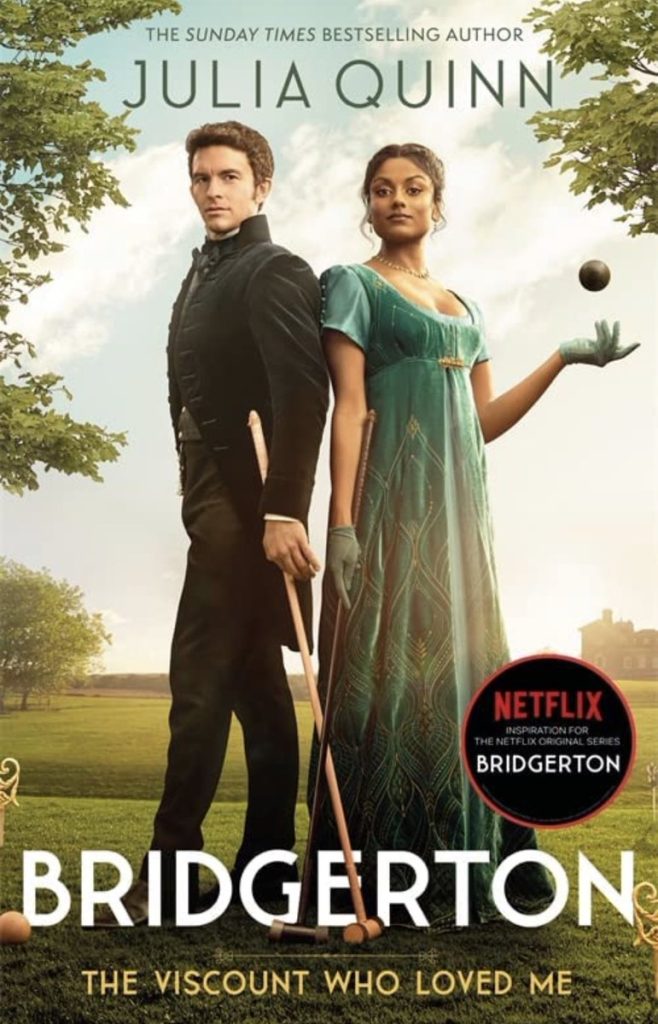Fall television season is upon us, and fantasy fans are eating well. I have a real penchant for fantasy movies and television shows based on books that I haven’t read, and there is plenty of new content to keep us entertained as the nights start to get darker. Below are some adaptations I’m particularly excited about; let us know your own picks in the comments!
House of the Dragon
How are we feeling, everyone? Are we ready to revisit the world of Westeros? Have we put our hurt sufficiently behind us? We all remember the catastrophe that was season 8. I don’t want to talk about it. Suffice to say, when Game of Thrones ended in 2019, I declared that I would never lay eyes on another A Song of Ice and Fire–adjacent property again. Fool me once, right? Cut to three years later, which in pandemic years feels more like eight, and I find myself cautiously optimistic about this new prequel series. The groundwork has already been laid; we already know the houses and the lore of Westeros. We all have our fave houses (Tyrell forever!). But where Game of Thrones spanned several houses and the entire continent of Westeros (and a bit of Essos), House of the Dragon, based on the novel Fire and Blood, reins in the scope to focus mainly on the platinum-haired, dragon-wielding Targaryen family.
Where the original series covered conflicts and power grabs from house to house, House of the Dragon deals with the inter-family civil war known as the Dance of the Dragons (not to be confused with A Dance with Dragons, the fifth book in the Song of Ice and Fire series…), which is essentially a war of succession (funnily, apparently the showrunners looked to Succession for inspiration). So get ready for more inappropriate family relationships (the Targaryens are famously incestuous, much like the real-life Ptolemy and Habsburg dynasties) and confusing names like Rhaenyra, Rhaenys, Aemond, Daemon, and multiple other combinations of a and e (as someone who still can’t spell Daenerys without the help of Google, this will surely be fun for me). I just watched Wigs Versailles, a show about King Louis XIV’s court at the titular palace, full of melodrama, political machinations, assassinations and the like (and also beautiful, gorgeous hair). So I, for one, am primed and ready for more of that…plus dragons.
House of the Dragon airs on Crave (HBO), Sunday nights at 9:00 pm. Get caught up on the original series here.
Continue reading

